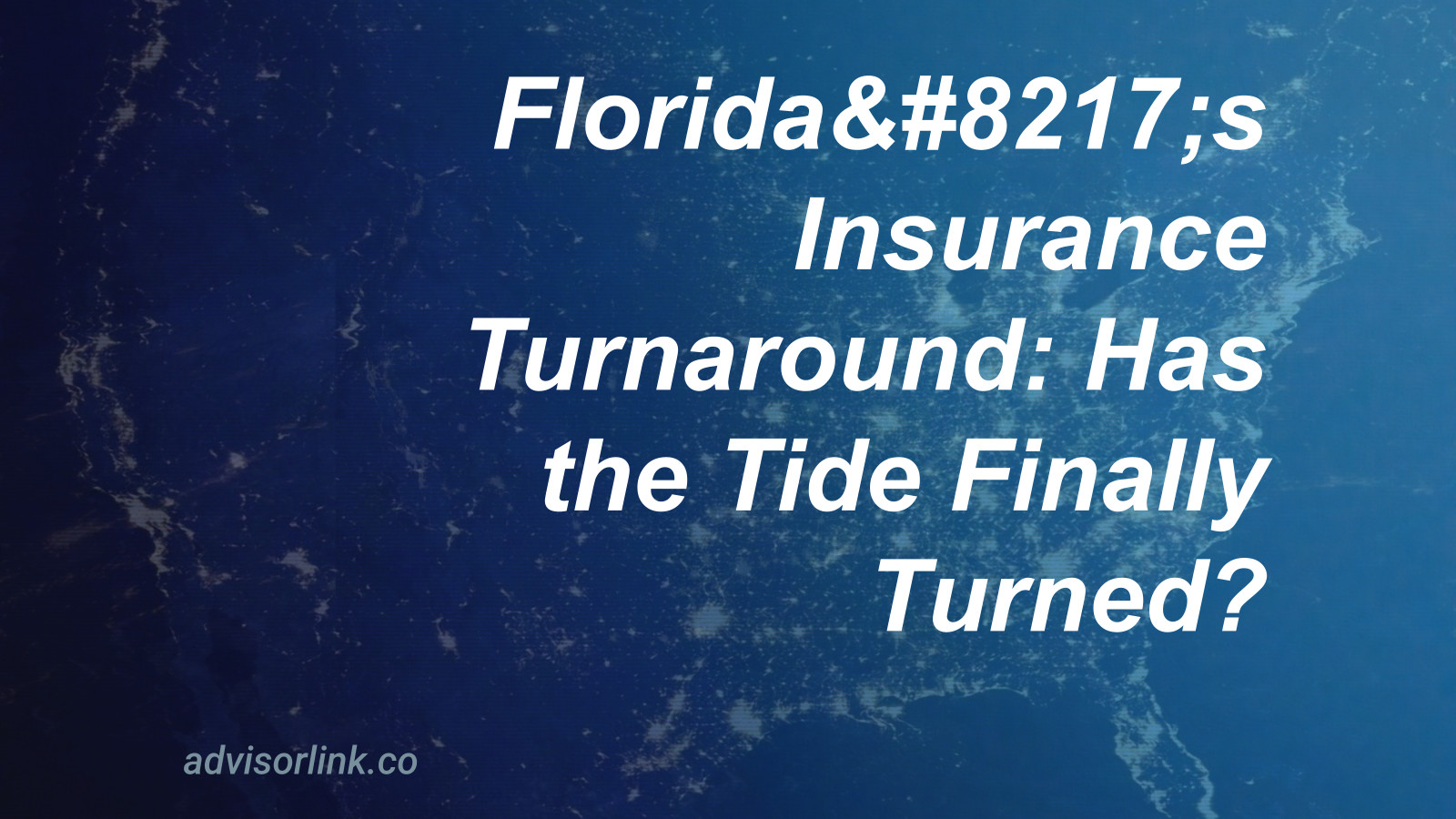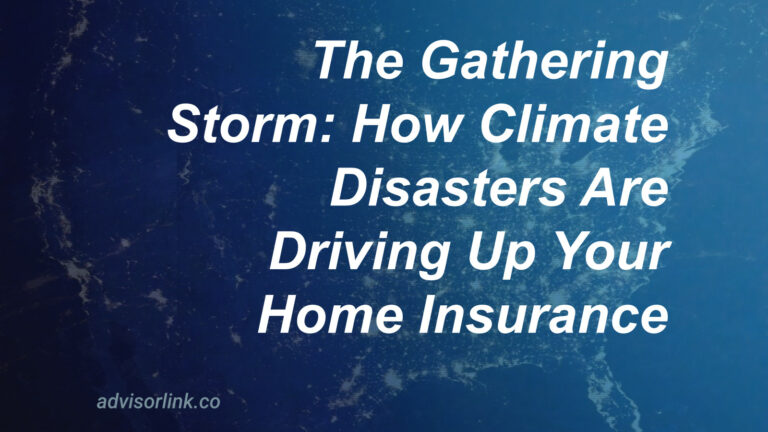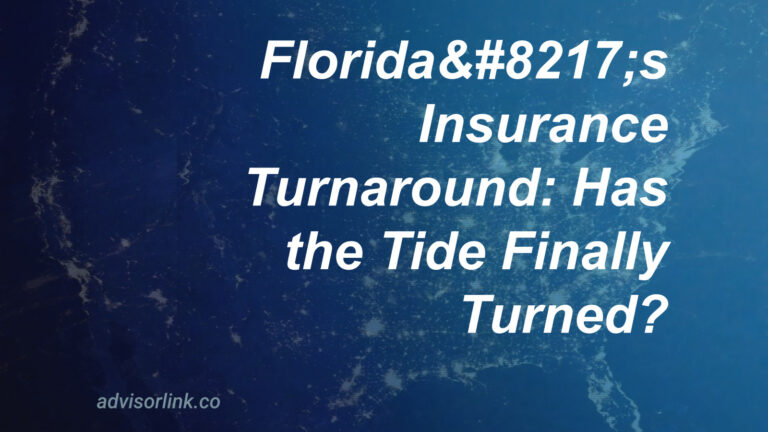North American Green Council Launch: A New Era for Sustainable Insurance Claims
NORTH AMERICAN GREEN COUNCIL LAUNCH: A NEW ERA FOR SUSTAINABLE INSURANCE CLAIMS
Is this the dawning of a new day for the insurance world? That might sound like hyperbole, but sometimes truth comes wearing big boots. On Earth Day this past April 18, 2025, the insurance industry planted a flag firmly in green territory with the launch of the North American Green Council. This isn’t just another corporate committee—it represents a fundamental shift in how insurance claims for homes and small businesses will be handled, with sustainability now taking a front seat.
Have we reached a tipping point for environmental responsibility in insurance?
Is sustainability finally moving from buzzword to business practice? The North American Green Council certainly suggests so. Born from a recognition that the property claims supply chain generates significant carbon emissions, this Council aims to provide the tools, data, and insights needed to reduce that environmental footprint. Like a lighthouse on a foggy shore, it seeks to guide insurers, restoration firms, and policyholders toward clearer, greener waters.
The Council’s mission extends beyond good intentions. It addresses growing compliance requirements for Scope 3 emissions disclosure—those indirect emissions that occur in a company’s value chain. It also responds to mounting pressure from customers and regulators who increasingly expect meaningful climate action. As my father might have said, this isn’t just whistling Dixie—it’s answering a call that’s grown too loud to ignore.
What exactly are Scope 3 emissions, and why should homeowners care?
Is the carbon footprint of insurance claims really significant enough to warrant attention? The industry believes so. Scope 3 emissions—those indirect emissions related to activities like property restoration after claims—make up the lion’s share of the insurance industry’s carbon footprint. Think about it: every flood-damaged home, every fire restoration, every roof replacement involves materials, transportation, equipment, and waste. Multiply that by millions of claims annually, and you’re talking about mountains, not molehills.
For homeowners and small business owners, this matters more than might first appear. The methods, materials, and practices used to repair your property after damage don’t just affect the planet—they may soon affect your premiums, your coverage options, and the quality of repairs you receive. This is where the rubber meets the road for ordinary folks dealing with insurance claims.
How will the Council turn talk into action?
Is this just another example of corporate window dressing? The Council’s planned activities suggest otherwise. Beginning with an inaugural Earth Day webinar provocatively titled “Sustainability in Insurance Claims: Can’t Afford to Do It, or Can’t Afford Not To?”—a question that cuts to the heart of the matter—the group plans to host regular knowledge-sharing sessions focused on practical strategies.
These webinars will tackle waste diversion, emissions tracking, and the cold, hard economics of sustainability. Like a steady rain on parched ground, they aim to nurture growth in an industry not traditionally known for environmental leadership.
Who’s backing this green initiative?
Is there serious industry support behind the Council? The roster of founding members suggests substantial commitment. Incubated by EcoClaim and led by Maureen Cureton, their VP of Climate & Sustainability, the Council includes major insurance players like Federated Insurance and Northbridge Insurance, alongside restoration specialists Pro-Claim Group and PuroClean.
This isn’t just a gathering of the usual suspects or environmental activists. These are mainstream industry players with skin in the game, stepping forward to acknowledge that the insurance business must adapt to a changing world. As we used to say in Texas, these folks aren’t all hat and no cattle—they’re putting resources behind their rhetoric.
Why should homeowners and small businesses pay attention?
Is this just an industry affair, or will it affect ordinary policyholders? Make no mistake—the ripple effects will reach every homeowner and small business with insurance coverage. This initiative may influence everything from how quickly your claim is processed to what materials are used in repairs, and perhaps even what you pay for coverage.
But there’s a silver lining that shines brighter than any short-term inconvenience. The Council’s work may pave the way for new insurance products that reward sustainable practices, offering financial incentives for homeowners who embrace green building methods or energy-efficient upgrades. It could create pathways for policyholders to actively engage with climate-related insurance practices rather than merely being subject to them.
Like a pebble dropped in still water, the North American Green Council’s launch may create waves that change the shoreline of the insurance landscape. In a world where environmental stewardship is increasingly becoming not just expected but required, this initiative represents an industry preparing for that future.
Courage, as they say, is what it takes to stand up and speak. But it also takes courage to sit down and listen. The insurance industry appears ready to do both—to speak about its environmental responsibilities and to listen to the demands of a changing world. For homeowners and small businesses, that conversation is one worth following closely.
And that’s the way it is—a new chapter opening in how we rebuild and restore our properties, with an eye not just on the present, but on the world we leave to those who come after.
Disclaimer: General Information & Accuracy
This blog provides general information and discussions about insurance and related subjects for informational purposes only. It is not intended as professional advice, including but not limited to financial, legal, or medical advice. We strive for accuracy, but laws, regulations, information, and best practices constantly evolve, and unintentional errors can occur. Therefore, we make no warranties about the completeness, accuracy, reliability, or suitability of the blog content. Always consult with a qualified professional for advice tailored to your specific situation. Any reliance you place on this information is strictly at your own risk.






